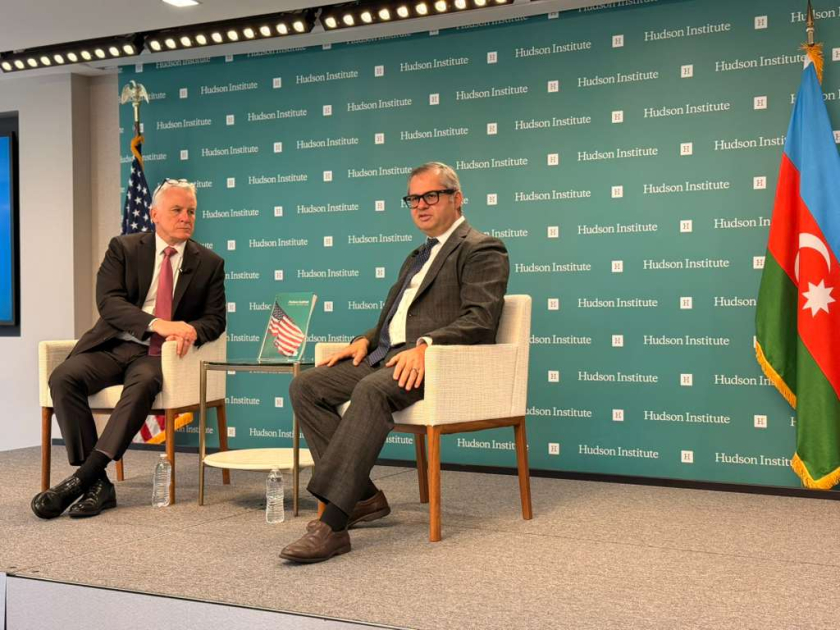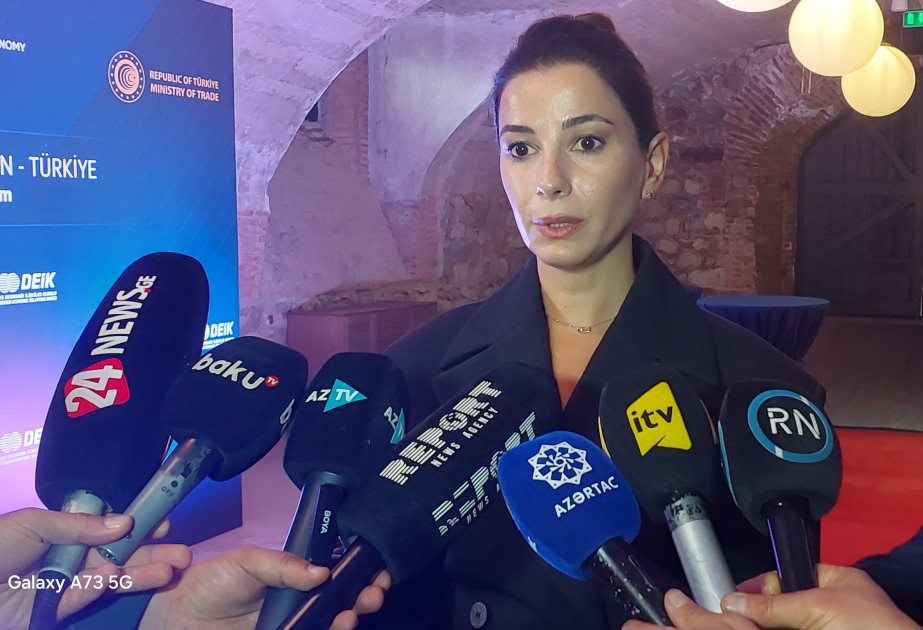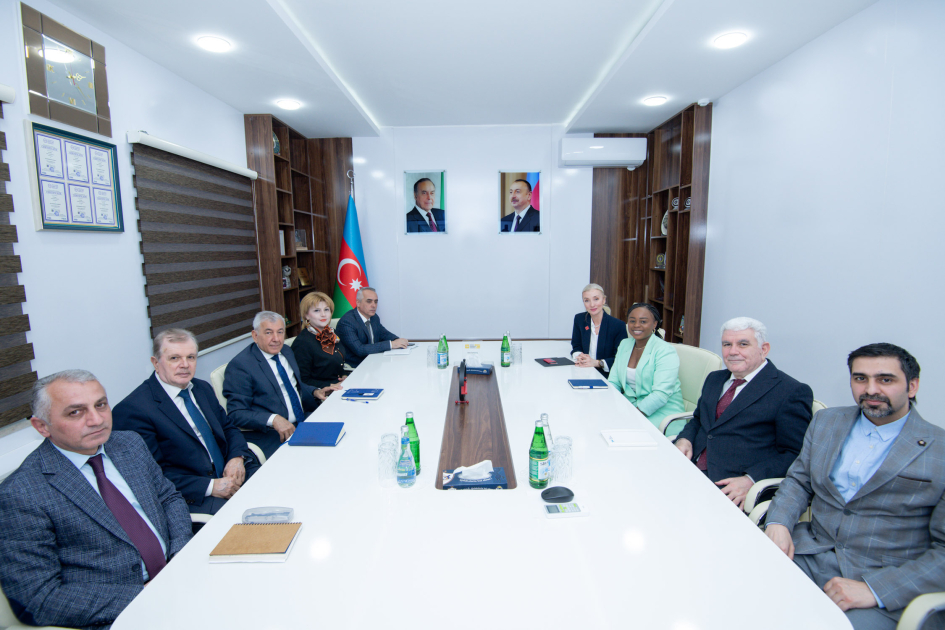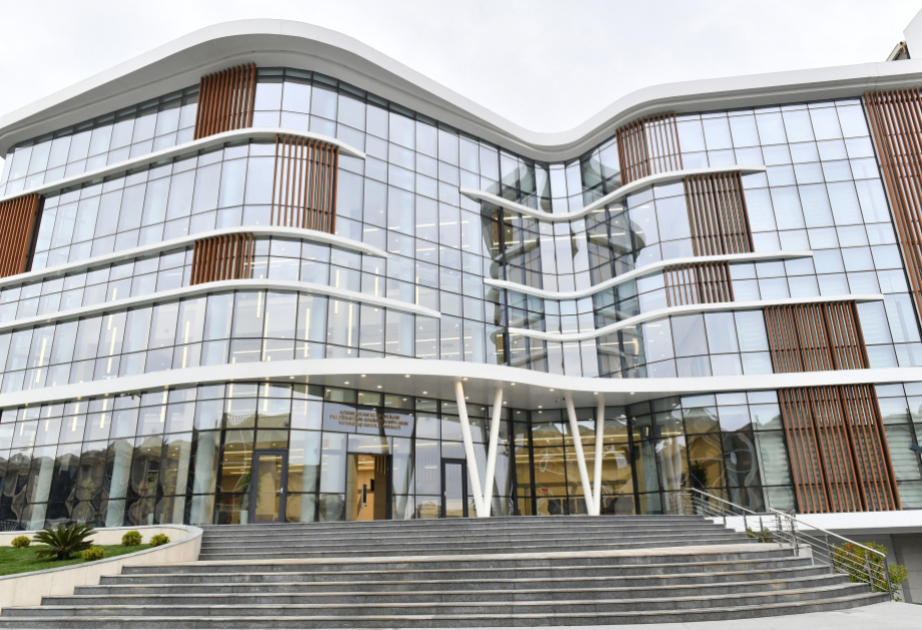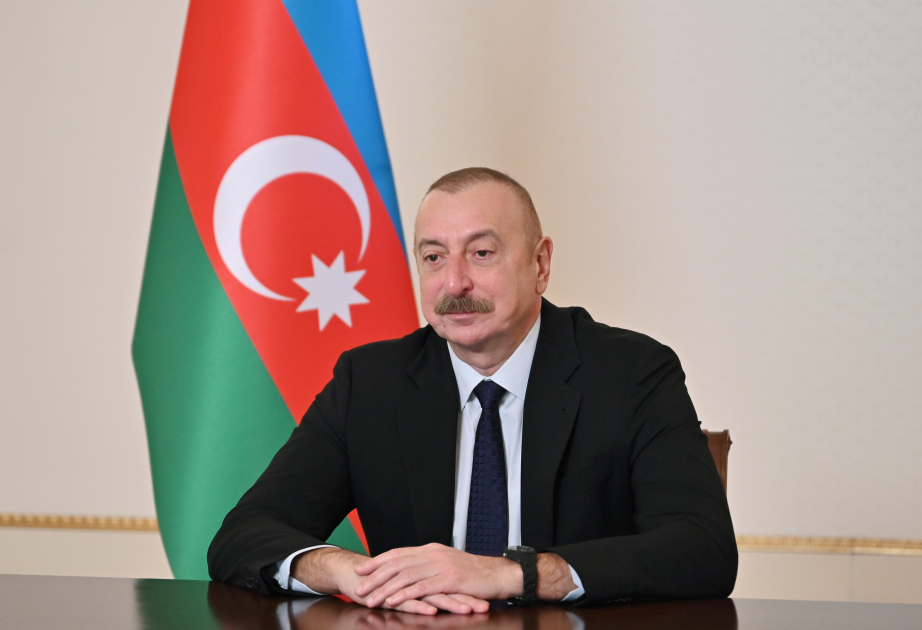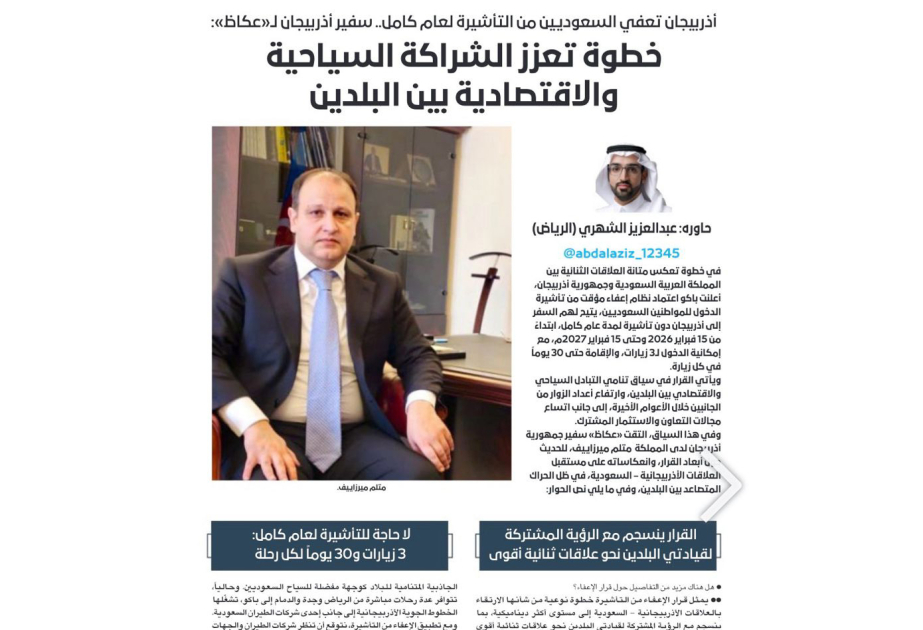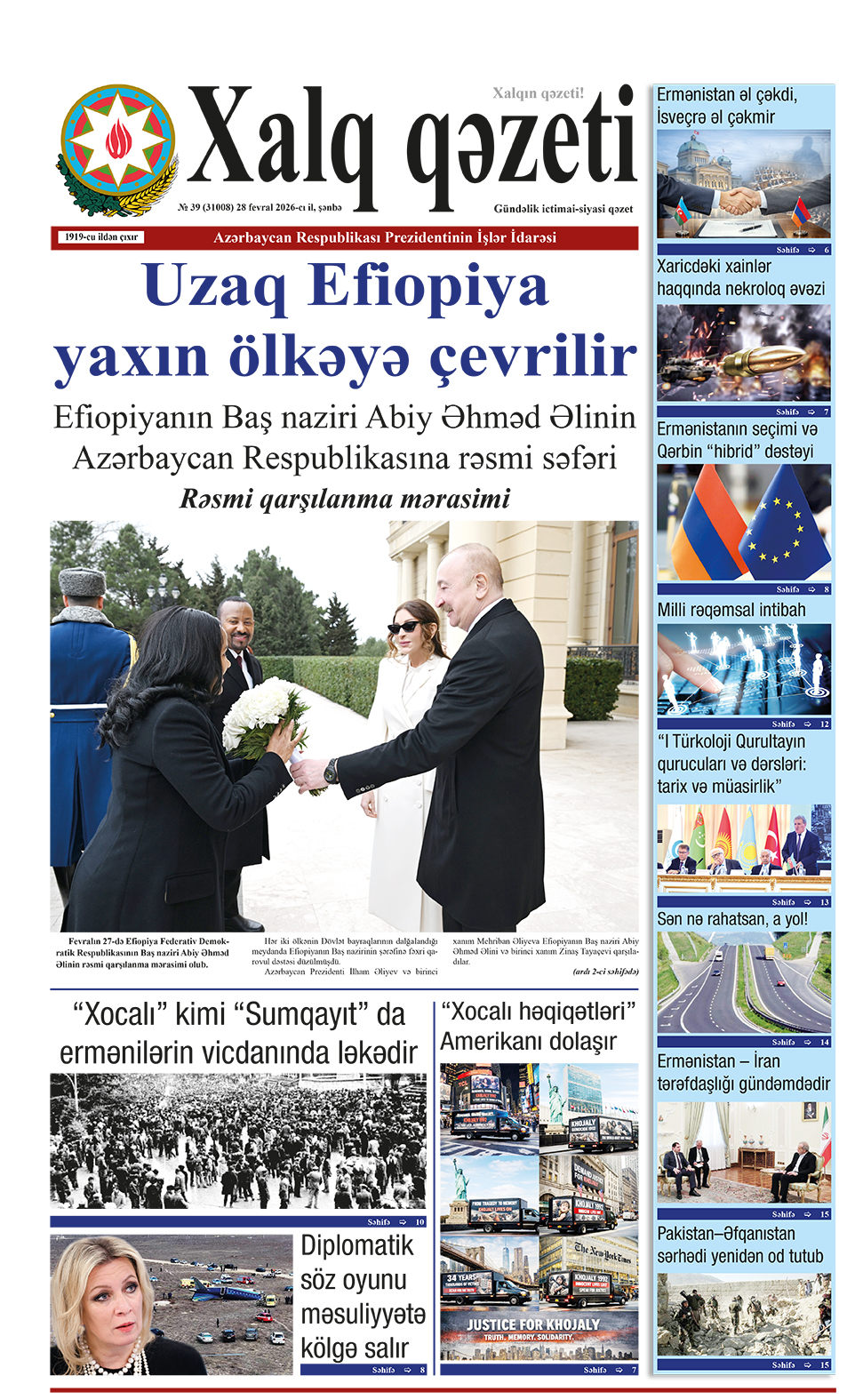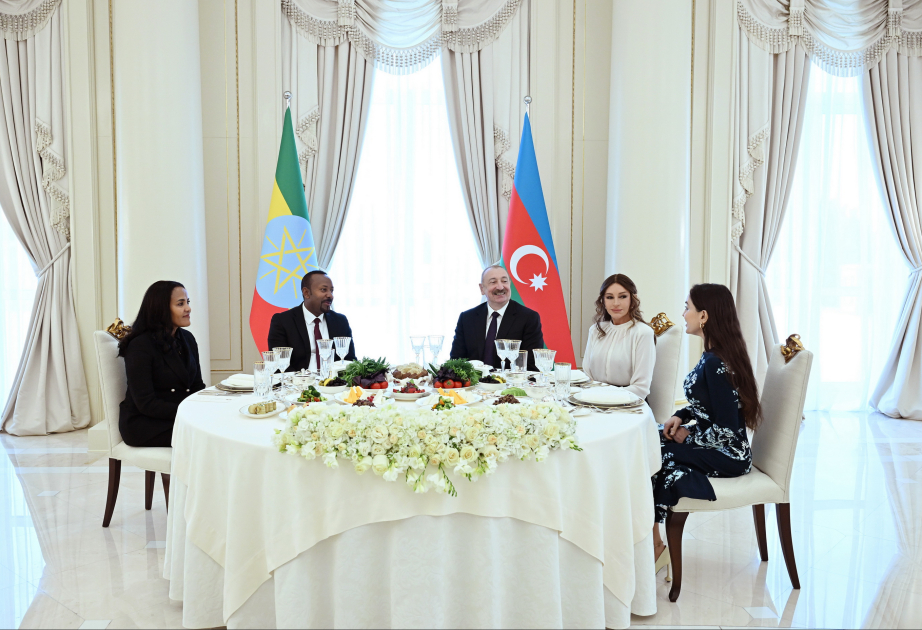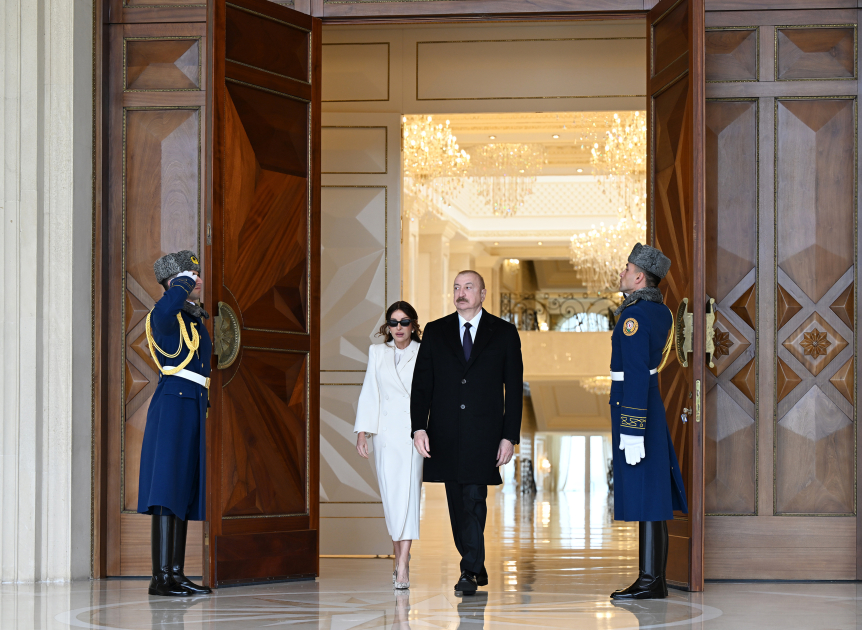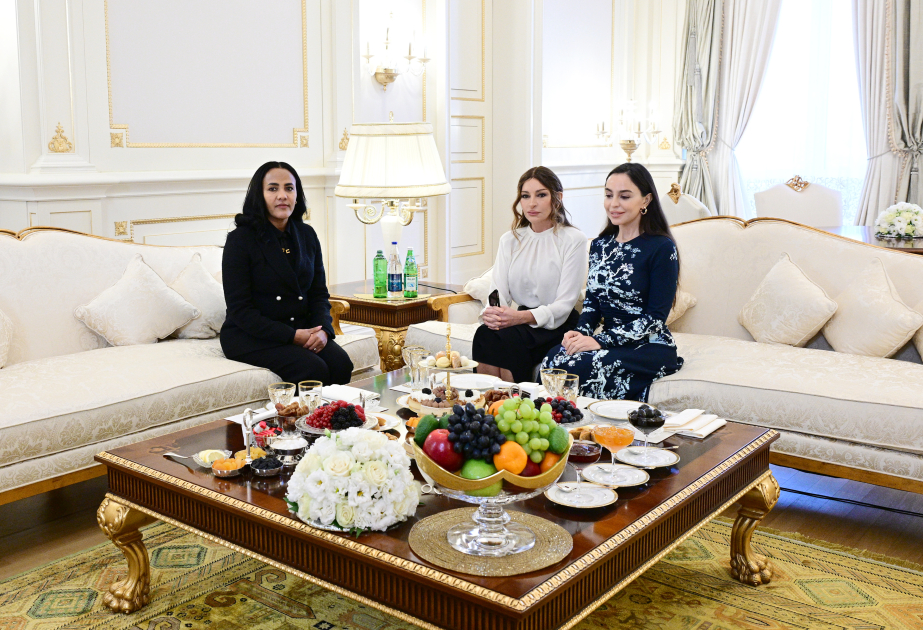A conference titled “The US in the South Caucasus: Mapping New Strategic Opportunities” was held in Washington, D.C., organized by the Hudson Institute.
The conference, which focused on the Washington agreement signed between Armenia and Azerbaijan with U.S. mediation, as well as broader regional developments, brought together leading American experts and government officials.
Addressing the opening ceremony, Michael Doran, Director of the Center for Peace and Security in the Middle East at the Hudson Institute, emphasized that the August 8 meeting at the White House, attended by the leaders of Azerbaijan, the United States, and Armenia, not only aimed to restore lasting peace in a region long marked by conflict but also opened up new opportunities for the United States.
According to him, the agreement offers prospects for reshaping connections between Europe, the Middle East, and Central Asia.
Subsequently, the event featured a panel discussion on “Regional Implications of the Armenia–Azerbaijan Peace,” moderated by Michael Doran, with the participation of Efgan Nifti, CEO of the Caspian Policy Center (CPC), and Luke Coffey, Senior Fellow at the Hudson Institute.
The experts discussed the broader regional impact of the peace agreement, including the potential benefits for Central Asian countries, the role of regional states in ongoing developments, the growing influence of the Turkic world, prospects for regional project development, and the TRIPP initiative.
In his remarks, U.S. Senator Steve Daines stressed that the peace agreement came at a time when the Trump administration prioritized achieving peace in the South Caucasus.
He noted that both Armenia and Azerbaijan are moving toward an independent future within a unique partnership framework with the United States.
According to him, the United States is making tangible investments in regional peace that will benefit all countries involved.
“The economic potential unlocked by the agreement reached on August 8 is highly significant,” added the senator.
Following the event, the second panel discussion on the theme “The Future of U.S.-Azerbaijan Relations” was held with the participation of Michael Doran and Azerbaijan’s Ambassador to the U.S., Khazar Ibrahim.
The speakers focused on Washington’s strategic approach to Baku and discussed the role of U.S.-Azerbaijan relations in the areas of security, connectivity, and the development of the “Middle Corridor” initiative.
Malahat Najafova
Special Correspondent


